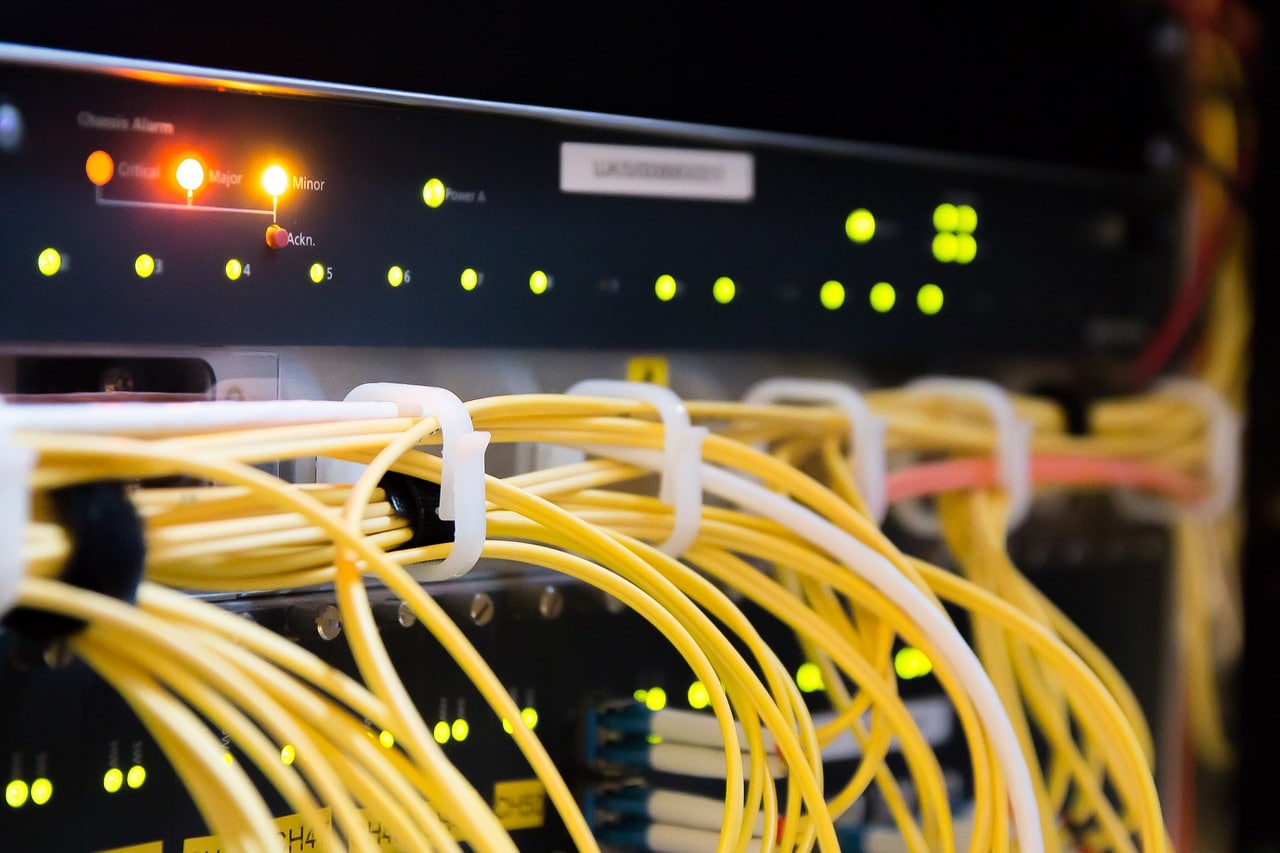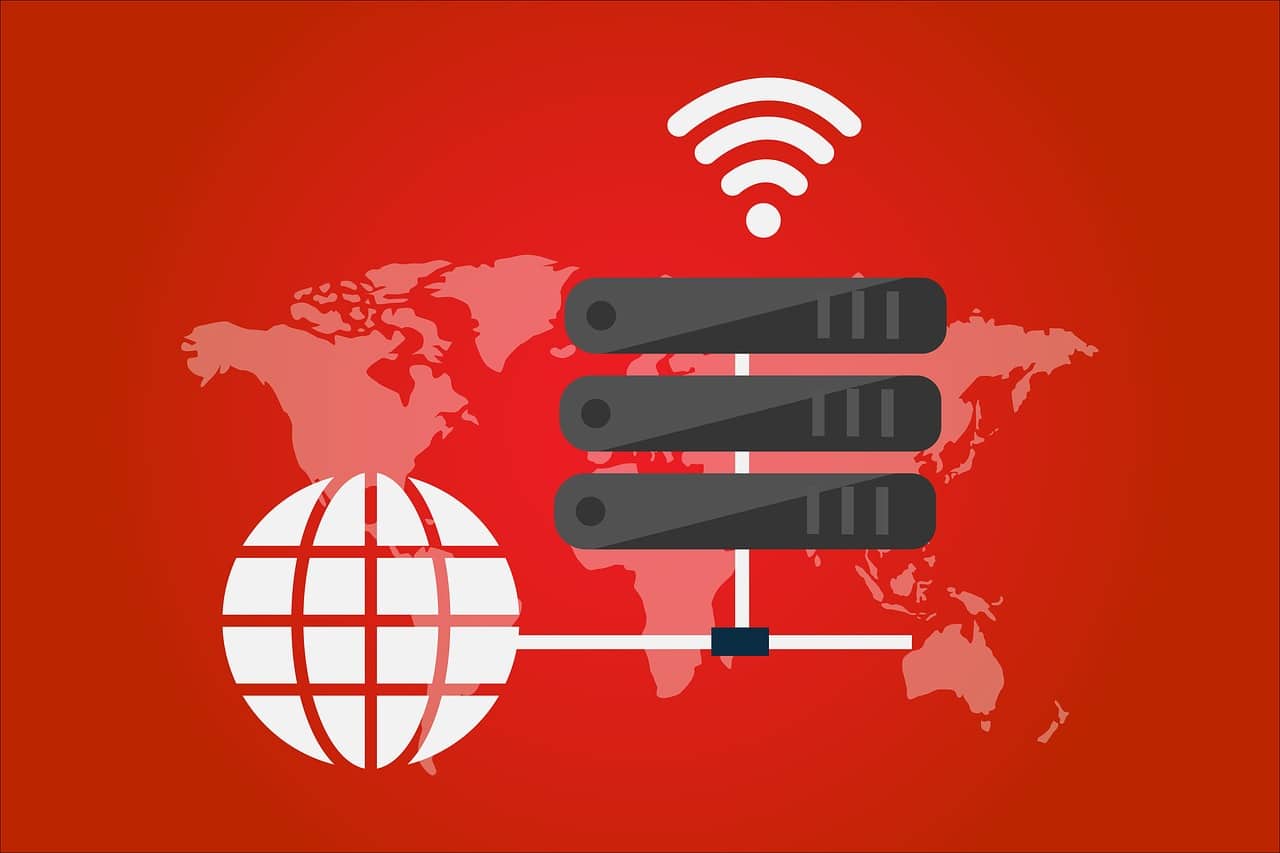If you value your privacy and security, then a Virtual Private Network should be the first thing you buy after a proper antivirus package. But there are so many options on the market – how do you choose the best one? Well, it all depends on what your current needs are. For example, ExpressVPN is the most feature-packed Network, but it’s also quite expensive. TunnelBear is a free VPN, but it can be slow at times and doesn’t provide the user with many features. Every CyberGhost VPN Review will tell you it is great for torrenting, but it in terms of security and performance stability, it’s lagging behind the leaders.
In this post, we’ll tell you about the five most important features that a reliable Virtual Private Network should have so that you can choose one that fits your needs best.
IMAGE: PIXABAY
1. Abundance Of Servers (And Locations)
There’s nothing worse than being stuck on one server that can’t provide decent performance. When there are enough servers and locations to choose from, you can switch between the closest ones with just one click and find a stable server within seconds.
Furthermore, by selecting a server that’s located in, say, the States, you’ll be able to watch US-based streaming services, including Netflix. Besides, the more servers a provider has, the more reliable the connection will be (when there’s a lack of servers, they get overcrowded, and performance gets worse).
2. 256-Bit Encryption And Kill Switch
While almost every single top-of-the-line VPN comes with 256-bit encryption, since it’s the industry standard these days, Kill Switch isn’t always available. Here’s why it’s important: a VPN hides your actual IP from the world; however, when the Network gets overloaded, tiny leaks happen, exposing your real location to the hackers/government agencies. Kill Switch is designed to shut down your connection the second this happens. As for the 256-bit encryption (AKA the military-grade encryption), it’s considered to be impenetrable.
3. The No-Logs Policy
In the digital world, we’re all keeping tabs on each other, but when it’s your Network doing it, that can lead to trouble. First of all, no person wants to be under constant surveillance. Secondly, in many countries around the globe, especially in the US and the UK, the ISPs and the VPN providers are obliged to share your online activity logs with the government. The No-Logs policy means the VPN won’t be logging your actions online. Be careful, though, as some Networks still keep things like sessions logs. Make sure to read the privacy policy carefully before choosing a VPN.
5. Support Of The OpenVPN Protocol
This is how a Virtual Private Network works: it creates an encrypted tunnel between your device and the provider’s server. There are many different protocols that take care of this encryption, and OpenVPN is one of the leaders. It is the new industry standard, and most VPNs support it. Still, it would be wise to check (contact customer support to know for sure). If privacy is the #1 priority for you, then look for a VPN that also supports Double Encryption. As the name suggests, this protocol puts your connection through not one, but two servers, thus doubling your security.
5. Router Support
According to the experts, Virtual Private Networks work even better when you install them directly on the router. It’s not that hard to do, but you will need to have a router that supports VPN installation and a VPN that can be installed on a router and work properly. Another benefit of this setup includes simultaneous protection for every single computer/tablet/phone connected to your home network.
Alright, that is it for today. We really hope this post will help you to understand the world of VPNs better and make the right choice.
If you are interested in even more technology-related articles and information from us here at Bit Rebels then we have a lot to choose from.


COMMENTS